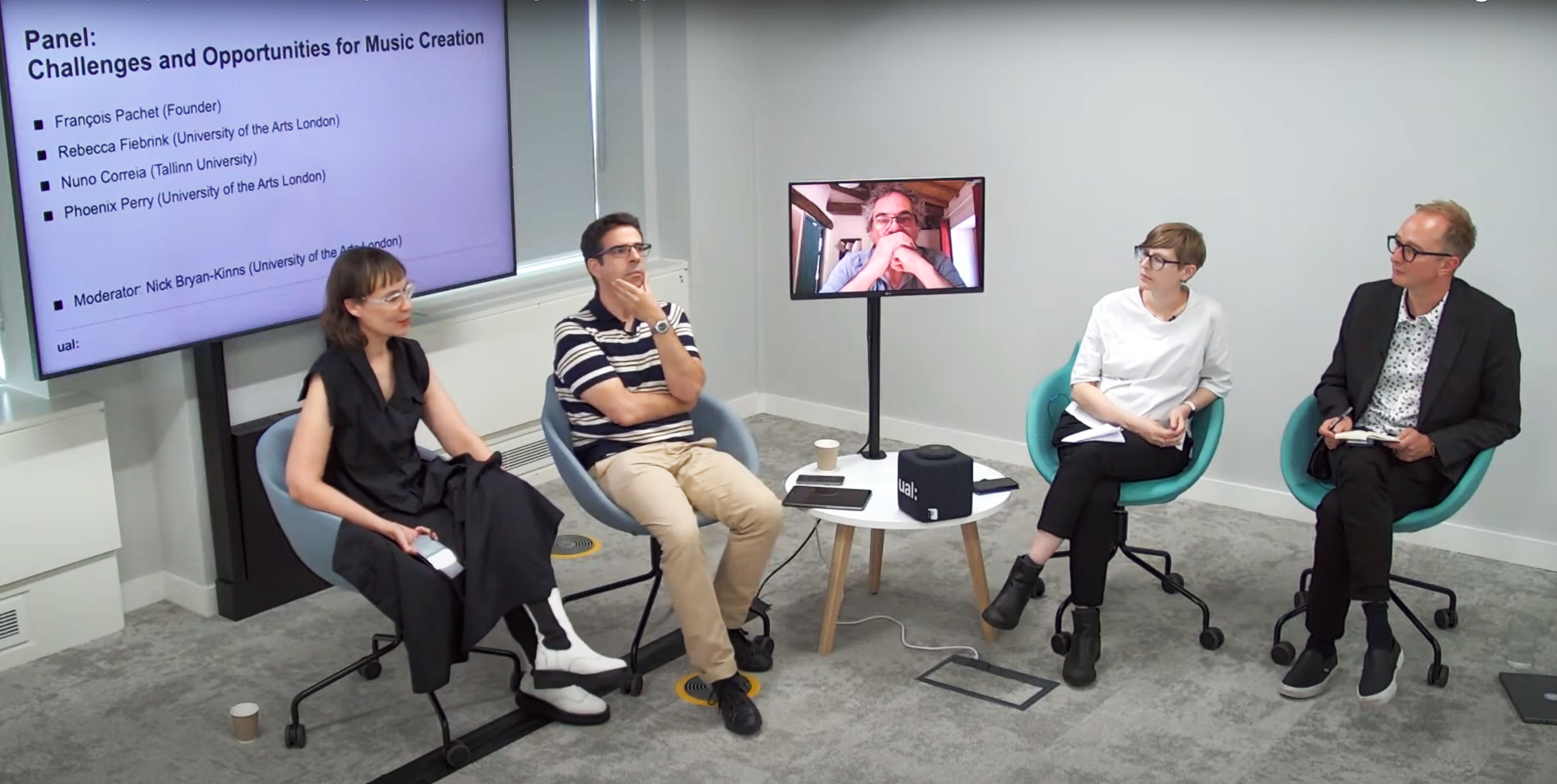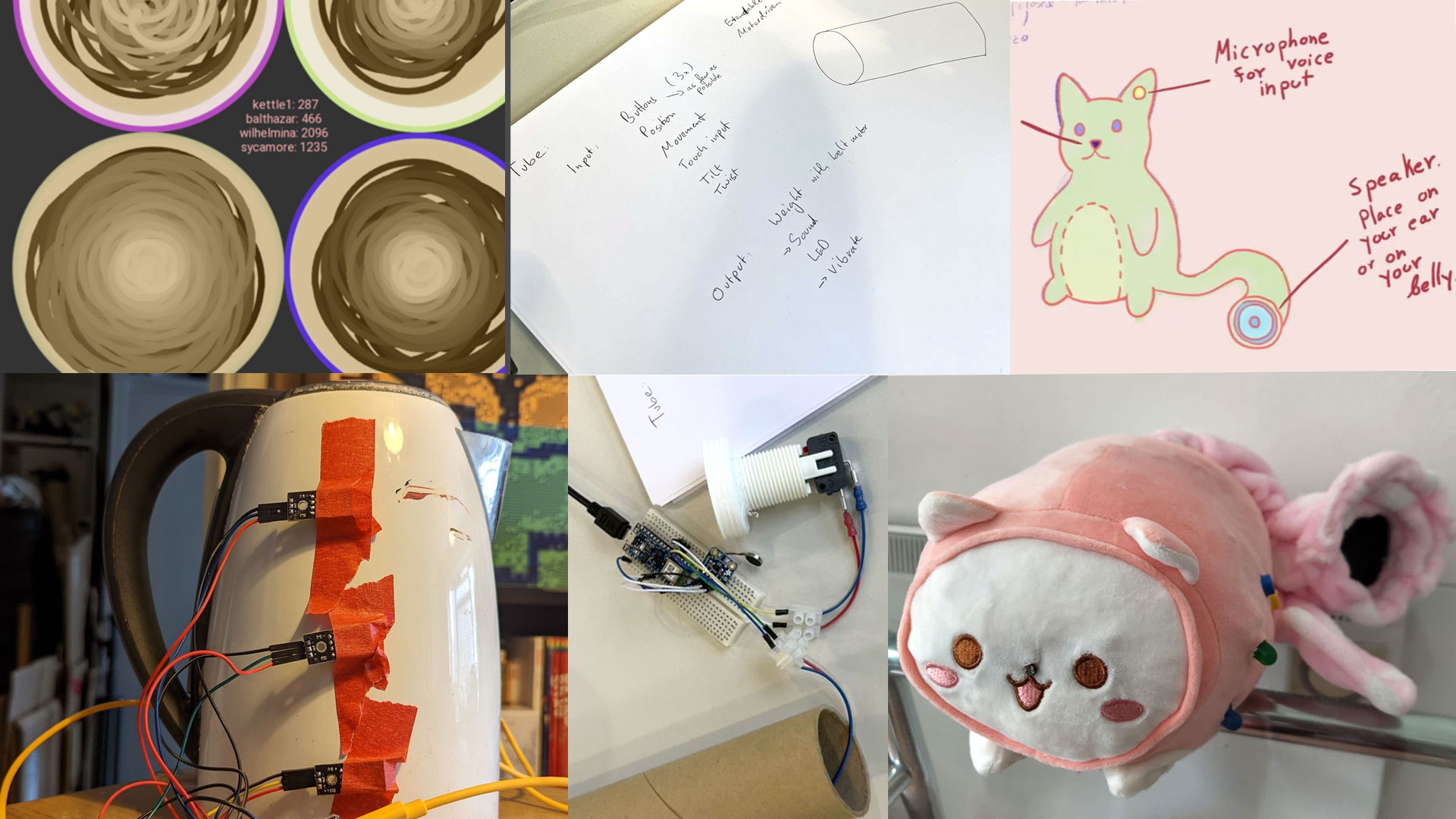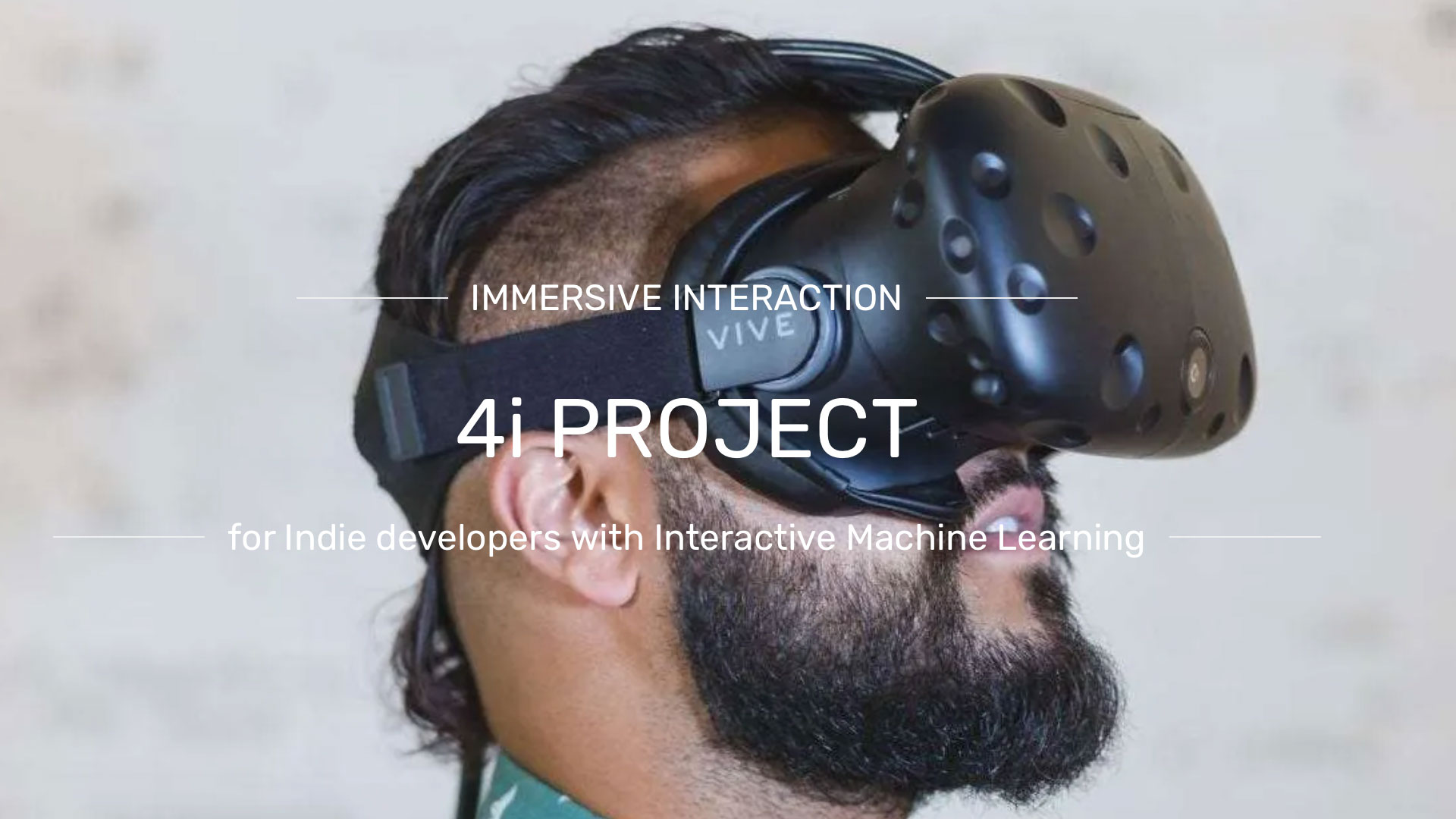Humanising Technology
Phoenix Perry is an interdisciplinary researcher, educator, and practitioner specializing in the intersections of human-computer interaction (HCI), creative computing, and machine learning (ML) for embodied and artistic interaction design. Their work spans creative technology, games, immersive media, interactive machine learning, and generative AI, with a strong focus on empowering creative practitioners through accessible tools and methodologies.
Featured Research
Music RAI
This 12-month project funded by UKRI EPSRC addresses the bias in AI music generation that results from an over-reliance on datasets of Western classical and pop music. By creating AI tools and datasets that enhance access to underrepresented genres, it aims to promote inclusivity in music consumption and empower diverse musical expression.
Cripping the Controller
As a disabled arts practitioner, I design custom input systems and interfaces based on over 20 years of experience. My work includes creating games like Bot Party, which explore accessibility through playful and embodied interactions. In my PhD research, I propose a "criptastic" design framework that incorporates the values and practices of disabled designers. This framework aims to redefine accessibility as a creative process rather than simply a checklist.
Generative AI and Small-Data Approaches
Perry investigates innovative uses of generative AI, highlighting small-data approaches that complement artistic practices. Their work promotes human-centered and resource-efficient strategies for integrating AI into creative workflows.
A Small-Data Mindset for Generative AI Creative Work
Vigliensoni, G., Perry, P., & Fiebrink, R. (2022). In Generative AI and HCI - CHI 2022 Workshop.
Creative Computing and Artistic Practice
Perry highlights the role of art in HCI, providing insights from a practitioner’s perspective to enrich interdisciplinary dialogues on the creative potential of technology.
Art in HCI: A View from the UAL Creative Computing Institute
Perry, P., Fiebrink, R., Grierson, M., Brueggemann, M. J., Doukianou, S., Plummer-Fernandez, M., & Troisi, A. (2022). In The State of the (CHI)Art - ACM CHI '22 Workshop.
Devotion Gallery: A Case Study in HCI and Digital Arts Practice
Perry, Phoenix & Schedel, Margaret & Jackson, Brian. (2013). In Chi Curatorial Practices in CHI Workshop.
Interactive Machine Learning for Embodied Design
Perry has significantly contributed to the development of tools and methodologies (e.g., InteractML) to make interactive machine learning accessible for artists, dancers, and movement practitioners. Their work focuses on gestural interaction, embodied play, and immersive media.
InteractML: Making Machine Learning Accessible for Creative Practitioners
Hilton, C., Plant, N., Gonzalez Diaz, C., Perry, P., et al. (2021). In VRST 2021: ACM Symposium on Virtual Reality Software and Technology.
Interactive Machine Learning for Embodied Interaction Design
Plant, N., Hilton, C., Perry, P., et al. (2021). In TEI '21: International Conference on Tangible, Embedded, and Embodied Interaction.
Programming by Moving: Interactive Machine Learning for Embodied Interaction Design
Plant, N., et al. (2020). In NordiCHI '20 Workshop on Programming for Working Bodies.
Node-Based Tool for Artists Using Interactive Machine Learning
Hilton, C., Gonzalez Diaz, C., Perry, P., et al. (2020). In NordiCHI '20: The UX of Interactive Machine Learning.
Movement Interaction Design for Immersive Media
Plant, N., Gibson, R., Perry, P., et al. (2020). In 7th International Conference on Movement and Computing (MOCO '20).
Game Interaction and Design
Perry’s work investigates interactive systems and their potential for expressive game design, integrating machine learning to create innovative gameplay experiences rooted in embodied interaction.
Interactive Machine Learning for More Expressive Game Interactions
Gonzalez Diaz, C., Perry, P., & Fiebrink, R. (2019). In IEEE Conference on Games (GOG) 2019.
Experimental Game Design
Perry, P., & Freidhoff, J. (2015). Open Frameworks.
Co-Authored Books
Perry has authored resources to promote accessibility in creative technology development, focusing on natural user interfaces and experimental game design.
Meet the Kinect: An Introduction to Programming Natural User Interfaces
Kean, S., Hall, J.C., Perry, P., & Webb, J. (2011). Apress.
Art, Embodiment, and Emotion
Perry explores how technology mediates human emotion and embodiment, particularly through embodied play design and ML-driven artistic systems.
User-Defined Gestural Interactions Through Multi-Modal Feedback
Perry, P., & Katan, S. (2016) In Tangible Embedded and Embodied Interactions (TEI) 2016.
Feeling the Fear: Creating Emotion through Embodied Play Design
Perry, P. (2013). Master’s Thesis, NYU Polytechnic Institute.
Wekinating Swan: Using Machine Learning in Complex Artistic Systems
Schedel, M., Perry, P., & Fiebrink, R. (2011). In NIME (New Interfaces for Musical Expression).
Embodied Games at NYU ITP
Perry, P. (2013). Interactions Magazine Blog.


